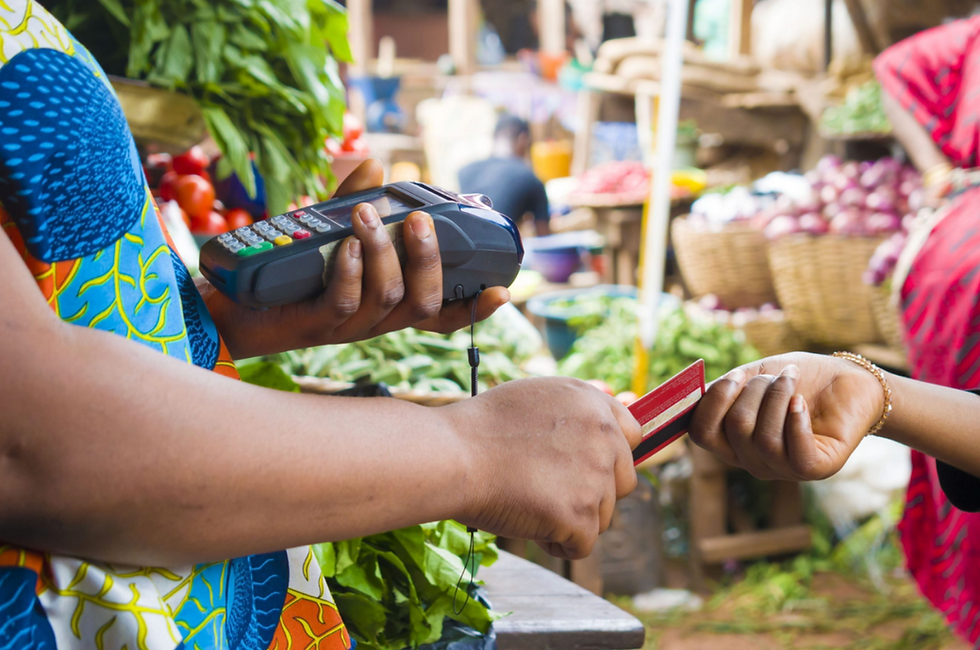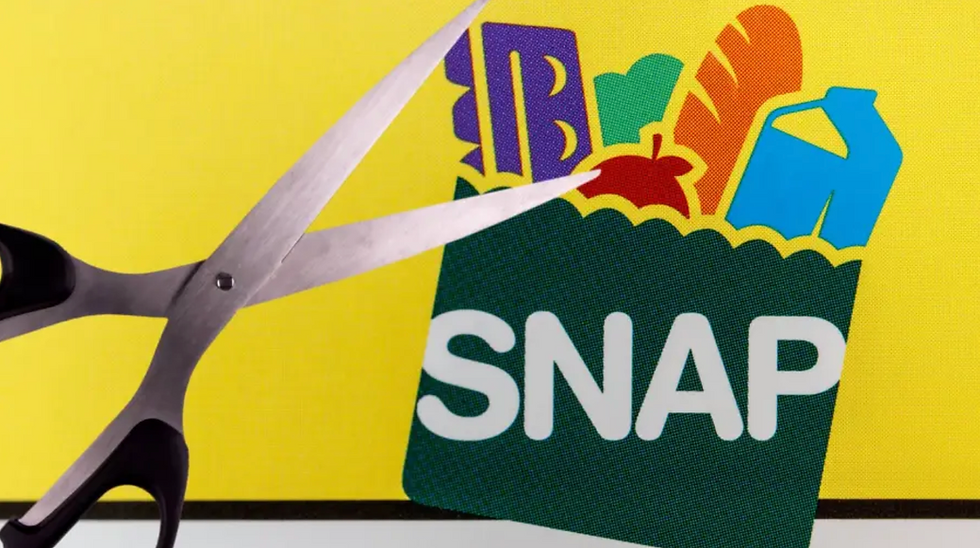The Iowa Food System Coalition: Building Bridges towards the Right to Food
- alisoncohenrtf
- Apr 1, 2024
- 5 min read
Updated: Sep 9, 2025
April 1, 2024
By Mia Cohen, intern with the National Right to Food Community of Practice and sophomore at Hamilton College studying Environmental Studies and Biology
To kick off this series spotlighting the 2023 National Right to Food Mini Grant Recipients, I was fortunate to have the opportunity to interview Luke Elzinga and Tommy Hexter from the Iowa Food System Coalition (IFSC). Luke and Tommy serve as co-chairs of the Iowa Food System Coalition’s Local Food Policy Network, along with IFSC steering committee member Ilsa DeWald.

Iowa is a state rife with food and farming contradictions. Chronic food insecurity exists in what is often referred to as the “breadbasket” of the United States. Iowa receives the largest percentage of farm subsidies and 1 in 13 Iowans regularly face hunger. Iowa is one of 12 states in the country that has chosen not to participate in the 2024 Summer Electronic Benefits Transfer (EBT) for Children. This means that families that qualify for free or reduced-price school meals will no longer receive $40 per month per child in the summer to have greater access to nutritious food. During the National Right to Food Community of Practice’s monthly meeting on March 12th, Tommy commented that Iowa is considered to be the second most valuable state in the nation for agricultural production, mostly because of the amount of corn and soy that is grown in the state. Ironically, 52% of Iowa corn is not grown to be eaten, but rather is used for ethanol production.
The Iowa Food System Coalition (IFSC) is a group of more than 40 farm and food system partners representing farmers, nonprofit organizations, governments, universities, public health, food banks and pantries, and public schools that came together to collectively develop a plan for a thriving, sustainable, and equitable food system in Iowa. Core to the Coalition's work is the Iowa Food System Plan. According to the plan's strategy, the key to the success of the plan is to work simultaneously and in a coordinated way to improve Iowa’s food landscape through promoting regular communication and collaboration among partners, cross-sectional strategic reporting and planning, and by highlighting important food and farming work throughout the state. Some of the co-existing priorities outlined in the plan include: (1) Improving opportunities for land access for new and aspiring farmers (2) Increasing farm and food business sustainability through targeted technical support, investment, and policy development (3) Establishing institutional buying of local foods to support farms and businesses and to bring better access to healthy food through schools, grocers, and more (4) Securing and developing resources to support a local and regional food system as an essential part of Iowa agriculture, and (5) Using policy change and food system innovation to build and sustain the health and wellbeing of Iowans.
Despite their different backgrounds – Tommy comes from a local food and small farming background and Luke has been working in the anti-hunger world for ten years – they both share values related to increasing healthy food access in Iowa, and they both gravitated towards the projects being planned at the Iowa Food System Coalition. Luke, in particular, reflects that he is excited to participate in the IFSC to see how their collective work as farmers and anti-hunger advocates can support localizing Iowa’s food systems.
The first term that comes to mind for Luke when discussing the Right to Food is Food Sovereignty. He describes Food Sovereignty as communities thriving from growing their own food, and people having the ability to eat culturally appropriate food for free or at an affordable price. Both Luke and Tommy agree that there is not one agreed upon definition of the Right to Food across the Iowa Food System Coalition, but Tommy does feel that the Right to Food “is a helpful framework for us to think about as a coalition.” However, it can be argued that the Right to Food is at the center of what the Iowa Food System advocates for. Tommy explains that the coalition is heavily focused on creating “food democracy that is supported through community food system development.” For many participating in the Coalition, the way to create food democracy within Iowa is through advocating for policy change. Down the line, according to Luke’s vision, a thriving food system in Iowa will also mean enabling “young and beginning farmers, refugee farmers, and people who want to farm the land for food, who cannot access the land to farm” to have an easier time securing agricultural resources.

The Iowa Food System Coalition is implementing new methods of navigating the political landscape in Iowa. In the short-term they’ve seen some progress in how their strategies have enabled them to already meet some of their goals and plans for the future of the coalition and Iowa’s food system. The Coalition recently held a successful Local Food Policy Summit, supported in part by their National Right to Food mini grant. Three state legislators, members of the Iowa Department of Agriculture and Land Stewardship, and members of the Food Bank Association were all present at the Summit. Tommy feels that the summit was effective at amplifying food sovereignty issues because people “thinking about food system policy were all having the chance to talk.” Luke also explains how Iowa State Extension and Outreach provided data analysis related to the Iowa Local Food Purchase Assistance Cooperative Agreement Program (LFPA) at the summit. The LFPA program is designed to support food charity organizations to procure food directly from small and under-supported farmers at fair market prices. The groups present at the Local Food Policy Summit were able to build on the LFPA report when discussing new policies and policy reform.

Both Tommy and Luke emphasize how significant Iowa Food System Coalition’s Day on the Hill was. The Day on the Hill occurred after the Local Food Policy Summit and the advocacy training sessions that the coalition hosted. The training sessions helped instruct people on how to share data and their personal stories with elected officials to form convincing arguments. The Day on the Hill was essential to the momentum building happening at the Iowa Food System Coalition. The coalition was able to speak to 25 legislators and garner much more support for a grocer reinvestment fund (House File 2599), as well as an appropriation for the Double up Food Bucks program (House File 2022).
After interviewing Luke and Tommy, it is evident that the Iowa Food System Coalition has ambitious goals, but most definitely has the drive and community-centered focus to accomplish them. It was a pleasure speaking with them both. To stay up to date on what is happening at the coalition, please check out their News and Events Page!
If you would like to read more about the other National Right to Food Community of Practice Mini Grant recipients, keep an eye out for posts on our News page.



